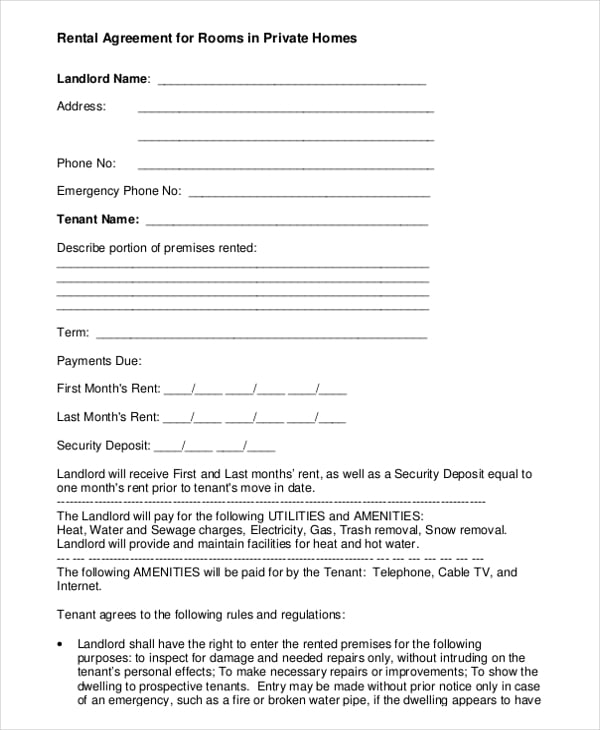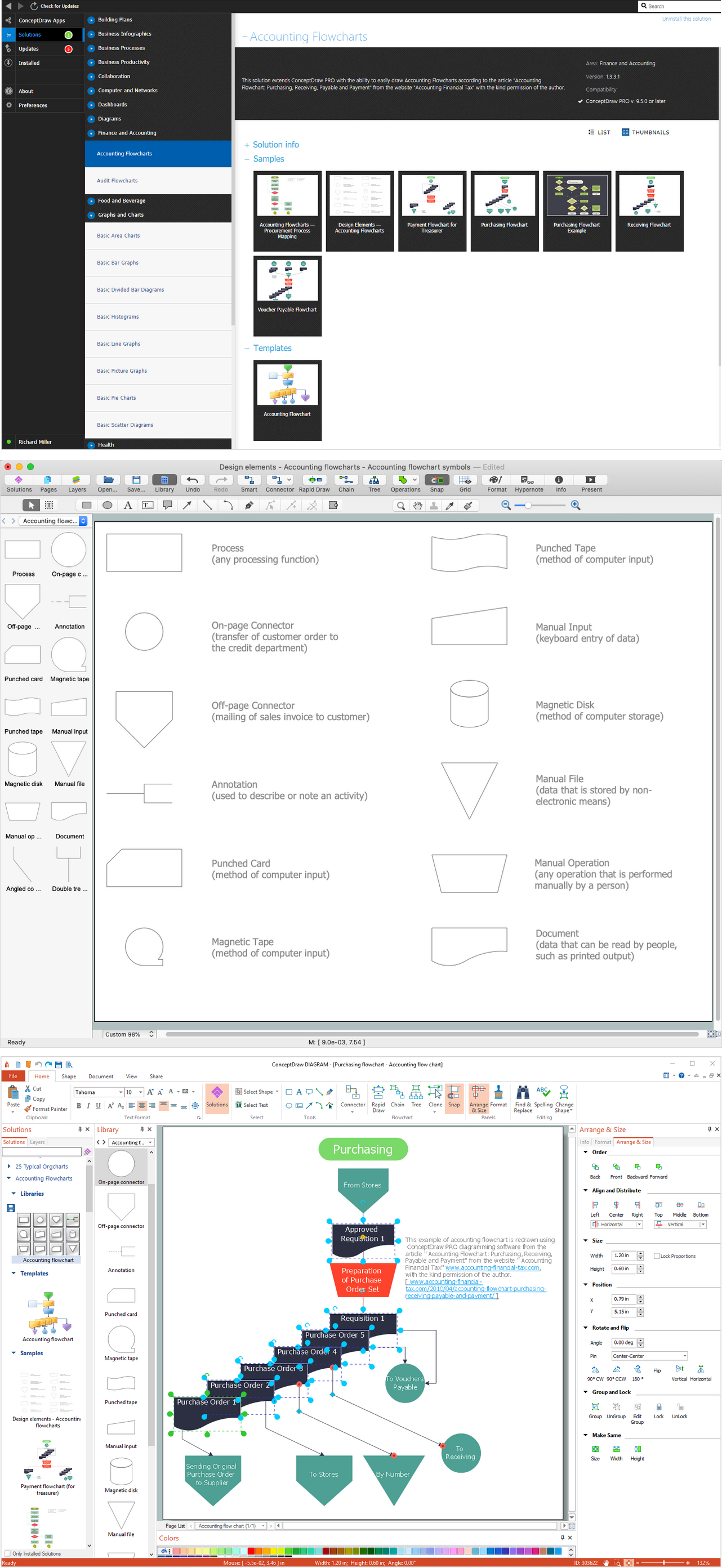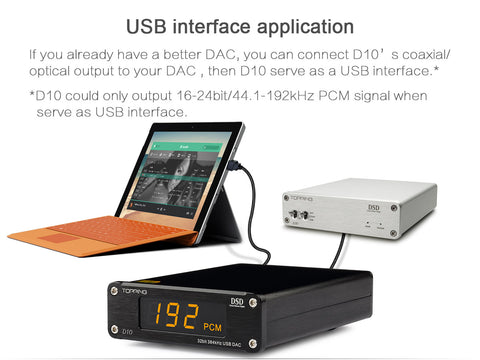
Upsampling vs. Oversampling for Digital Audio Audioholics So you don’t hear much of a difference with that type of audio if the bit depth is higher. The sample rate is the number of “slices” of audio that are made per second, and are measured in Hz
Does a Higher Sample Rate Audio Really Mean Better Quality
advantages and disadvantages of higher sample rates and. Unless the proper Sample Rate Converter was implemented, it would have been better to simply output at 44.1 KHz to match the audio content sample rate. So a higher sample rate is not always the best solution., Nov 10, 2011 · Some systems go even higher than this but understand that with more bit depth you will be pushing your processor to work harder. Sampling Rate. Bit depth and sampling rate determine the quality or accuracy of a digital recording. While bit depth is ….
May 30, 2018 · Using the Nyquist-Shannon sampling theorem, we know that a sample rate that provides two samples per period is sufficient to reproduce a signal (in this case, your music). 2 x 22,000 = 44,000, or just under the 44,100 samples per second offered by a 44.1kHz sample rate.Anything above that number is not going to offer you much improvement because you simply can’t hear the frequencies … What is the best sample rate and bit depth? I think 44.1 or 48K is fine. If you have the option and the data storage space, up one notch to 96K just to be sure is a good idea. That makes the quality of the output’s low-pass filtering in the playba...
Mar 10, 2013 · Bit rate refers to how much information is sampled each time the recording device captures the sound source. We know that the faster we sample the better the quality of our recording, but if you are working a low bit rate you might not get the same result as using a … Feb 28, 2009 · Some plugins, like amp sims, sound better at 96 khz. Like Guitar Rig 3. That sounds better at higher rates because of the type os sim they use. Waves' GTR 3 sounds fine at any sample rate because they use a convolution modeling system and include the sample for each rate.
I do understand that for a signal to be properly sampled, it has to be done on the Nyquist sampling rate. What I do not understand is, what happens at sampling rates lower rate than the Nyquist rate, and at rates higher than the Nyquist rate, for that matter. The topic of choosing a sample rate, and downsampling is also sometimes an exercise in sanity. Here are the facts: 44.1 kHz, 88.2 kHz, and 176.4 kHz are sample rates for audio mediums. Think CDs. If your audio ends up on a CD, that’s what these are for. The sample rates of 48 kHz, 96 kHz, and 192 kHz are for video mediums like DVD’s, blu
Sep 13, 2007В В· Yes, higher bit rate does equal higher quality. As the others have said, a difference of 80 in the bit rate certainly won't be noticeable. For example, I could give you a DVD encoded at a constant bit rate of 6000 Kbps and the same video encoded at a constant bit rate of 6080 Kbps and you wouldn't be able to tell a difference. Unless the proper Sample Rate Converter was implemented, it would have been better to simply output at 44.1 KHz to match the audio content sample rate. So a higher sample rate is not always the best solution.
What is the best sample rate and bit depth? I think 44.1 or 48K is fine. If you have the option and the data storage space, up one notch to 96K just to be sure is a good idea. That makes the quality of the output’s low-pass filtering in the playba... Should I use high sample rates? Recording; By Various. (and higher) sample rates, but I don't hear any benefit, and there are good engineering arguments why such rates are actually detrimental, rather than beneficial. all the way to 48kHz. A perfect sample-rate converter should display a black background, and all else is anharmonic
Apr 24, 2012 · Personally I use 96kHz sample rate. I use virtual instruments, and the higher sample rate sounds better to me than 44.1 or 48. Probably would vary depending on virtual instrument used (internal oversampling or not, DSP algorithms used...) and your specific setup though...do some test runs with with your system at various setting, see if you can I can choose a sample rate of 96kSPS, 64kSPS, 48kSPS, or 32kSPS at the CODEC. Stack Exchange Network. toss in noise shaping and you get better than 3 dB increase in SNR for each doubling of sample rate. $\endgroup$ – robert bristow-johnson Jun 28 '17 Sampling at a higher rate will distribute the quantization noise over a wider
Is High-Resolution Audio Worth the Extra Cost? there’s sample rate and bit depth Audio engineers will find value in higher sample rates during the mixing process, as they can help with If you want to start with higher resolution source recordings, possibly with an eye to releasing the material on high-resolution formats in the future, then you have a choice of sample-rate options. Obviously, sample-rate conversion will be needed for a CD release, and many argue in favour of recording at 88.2kHz as this is double 44.1, making
The topic of choosing a sample rate, and downsampling is also sometimes an exercise in sanity. Here are the facts: 44.1 kHz, 88.2 kHz, and 176.4 kHz are sample rates for audio mediums. Think CDs. If your audio ends up on a CD, that’s what these are for. The sample rates of 48 kHz, 96 kHz, and 192 kHz are for video mediums like DVD’s, blu Solution 1: Change the Sample Rate Temporarily. If a project contains only virtual instruments and no audio, change the project sample rate temporarily to a higher rate, like 96kHz or higher. If you can adjust your audio interface to the new sample rate, then simply render those instrument tracks that benefit from a higher sample rate.
Mar 20, 2008 · In the spirit of my analogue vs. digital article, it is time for another Mythbusters style debunking session. Today we are going to explore the common misconception that higher sample rates equate to better sounding audio. There is no shortage of rhetoric by self-proclaimed internet experts that by simple matter of dropping a faster processor into a digital unit that you’ll get better sound. Apr 01, 2016 · Higher bit depth gives you improved waveform resolution. While you want to record at a high sample rate and bit depth, choosing the exact sample rate is more complex. The Case for Higher Sample Rates. Thanks to modern advances in technology, artists can now go to the music studio and record at extremely high sample rates up to 192kHz.
Is High-Resolution Audio Worth the Extra Cost? there’s sample rate and bit depth Audio engineers will find value in higher sample rates during the mixing process, as they can help with Apr 06, 2008 · I would even go farther to say that in recording the sample rate has little if nothing to do with the final products end results. I think that a well engineered project can benefit some from a significantly higher sample rate (Not 44.1 to 48) i.e. 24/44.1 to 24/88.2, 24/96, or higher. But the engineering is far more important than sample rate.
Upsampling vs. Oversampling for Digital Audio Audioholics

Best to work in 44100 hz or 48000 hz Sample rate? DOA. Sep 29, 2008 · For the best answers, search on this site https://shorturl.im/avZkW The higher the bitrate (or higher the bandwidth), the better the video quality. If the bitrate falls to below the minimum required for true video, the system will not be able to display the images at …, Oct 05, 2006 · Higher sample rate means less bits available to actually encode the sound. You'll get better freq. response, but typically worse quality, especially if you're not changing the default lowpass setting. Right! I had a feeling there was something like that at play, but wasn't sure..
What's the point of higher sampling rates in audio?
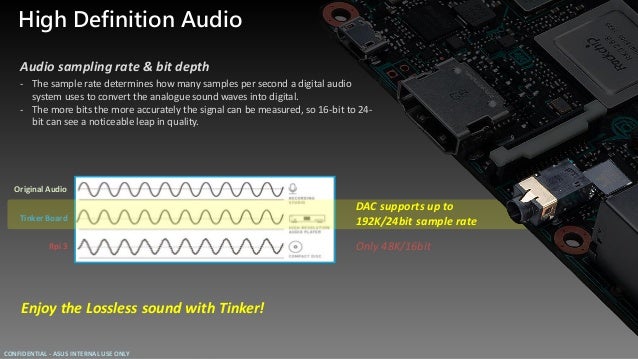
Does a Higher Sample Rate Audio Really Mean Better Quality. Nov 10, 2011 · Some systems go even higher than this but understand that with more bit depth you will be pushing your processor to work harder. Sampling Rate. Bit depth and sampling rate determine the quality or accuracy of a digital recording. While bit depth is … If you want to start with higher resolution source recordings, possibly with an eye to releasing the material on high-resolution formats in the future, then you have a choice of sample-rate options. Obviously, sample-rate conversion will be needed for a CD release, and many argue in favour of recording at 88.2kHz as this is double 44.1, making.

I do understand that for a signal to be properly sampled, it has to be done on the Nyquist sampling rate. What I do not understand is, what happens at sampling rates lower rate than the Nyquist rate, and at rates higher than the Nyquist rate, for that matter. Even in a 44.1kHz session, plugins that benefit from oversampling automatically increase their internal sampling rate. To gain the full benefits of this, it’s important to note that the audio doesn’t have to be recorded at this higher sample rate, it’s just the processing that must happen at the higher rate.
Aug 11, 2010 · Great info, very inspiring! I also have come to the conclusion that the highter the sample rate, the better the time stretching sounds. It´s almost like magic… A tip (that I´m sure you already know of): to listen to things at half speed (ie half sample rate, I … Aug 11, 2010 · Great info, very inspiring! I also have come to the conclusion that the highter the sample rate, the better the time stretching sounds. It´s almost like magic… A tip (that I´m sure you already know of): to listen to things at half speed (ie half sample rate, I …
The topic of choosing a sample rate, and downsampling is also sometimes an exercise in sanity. Here are the facts: 44.1 kHz, 88.2 kHz, and 176.4 kHz are sample rates for audio mediums. Think CDs. If your audio ends up on a CD, that’s what these are for. The sample rates of 48 kHz, 96 kHz, and 192 kHz are for video mediums like DVD’s, blu Feb 28, 2009 · Some plugins, like amp sims, sound better at 96 khz. Like Guitar Rig 3. That sounds better at higher rates because of the type os sim they use. Waves' GTR 3 sounds fine at any sample rate because they use a convolution modeling system and include the sample for each rate.
Apr 01, 2016 · Artists have a long list of considerations when they’re choosing a recording studio. It’s important to choose a location that has the gear you need for everything from the earliest stages of music production to mastering and mixing. Unfortunately, bigger isn’t always better, and there’s no clear-cut choice for elements like sample rate. What are advantages of having higher sampling rate of a signal? Ask Question Asked 2 years, since from every known aspect higher sampling rate is better but only from 1-initially large bandwidth, If you sample at a higher sample rate, you need to analyze (e.g. feed to your CNN) a proportionately longer sample vector to get about the
For sample rate and bit depth, bigger truly is better, though past a point it can be argued whether or not the human ear is capable of hearing that it’s better But, what matters is the sample rate and bit depth for the actual sound files Apr 01, 2016 · Artists have a long list of considerations when they’re choosing a recording studio. It’s important to choose a location that has the gear you need for everything from the earliest stages of music production to mastering and mixing. Unfortunately, bigger isn’t always better, and there’s no clear-cut choice for elements like sample rate.
Higher Sample Rates. Pros - Higher frequencies can be reproduced, works better with some types of processing, works better if you have to alter the length of audio events or files (such as time-expanding clips using something like Elastic Audio). What is the best sample rate and bit depth? I think 44.1 or 48K is fine. If you have the option and the data storage space, up one notch to 96K just to be sure is a good idea. That makes the quality of the output’s low-pass filtering in the playba...
Aug 11, 2010 · Great info, very inspiring! I also have come to the conclusion that the highter the sample rate, the better the time stretching sounds. It´s almost like magic… A tip (that I´m sure you already know of): to listen to things at half speed (ie half sample rate, I … Oct 05, 2006 · Higher sample rate means less bits available to actually encode the sound. You'll get better freq. response, but typically worse quality, especially if you're not changing the default lowpass setting. Right! I had a feeling there was something like that at play, but wasn't sure.
Sep 06, 2019 · the higher the sample rate the better the quality of the sample/recording as sample rate is basically how many steps there are in the conversion from analog..... also the higher your bit/sample rate the less your samples will degrade through proccessing.... so if u want sheen & quality use the highest bit/sample rate u can be arsed too :) 24bit Digital broadcast uses 48 kHz, so a 96 kHz sampling rate is an obvious choice. That said, some engineers believe that today’s sample-rate conversion is good enough that it’s not necessary to choose a rate based on keeping the math simple. For these engineers, the higher rate is generally considered better. The High-Resolution Frontier
So you don’t hear much of a difference with that type of audio if the bit depth is higher. The sample rate is the number of “slices” of audio that are made per second, and are measured in Hz For sample rate and bit depth, bigger truly is better, though past a point it can be argued whether or not the human ear is capable of hearing that it’s better But, what matters is the sample rate and bit depth for the actual sound files
May 30, 2018 · Using the Nyquist-Shannon sampling theorem, we know that a sample rate that provides two samples per period is sufficient to reproduce a signal (in this case, your music). 2 x 22,000 = 44,000, or just under the 44,100 samples per second offered by a 44.1kHz sample rate.Anything above that number is not going to offer you much improvement because you simply can’t hear the frequencies … Aug 11, 2010 · Great info, very inspiring! I also have come to the conclusion that the highter the sample rate, the better the time stretching sounds. It´s almost like magic… A tip (that I´m sure you already know of): to listen to things at half speed (ie half sample rate, I …

May 13, 2014 · High bit rate — kilobit per second — and HD audio — 24bit vs. 16bit — are getting a lot of attention lately, whether it's because streaming services are offering more or less kbps or upcoming devices are promising higher fidelity sound or Apple is rumored to be adding those features to iOS 8 and the iPhone 6. The truth is, as far as it's been explained to me and I'm able to understand... Unless the proper Sample Rate Converter was implemented, it would have been better to simply output at 44.1 KHz to match the audio content sample rate. So a higher sample rate is not always the best solution.
How to Negotiate Higher Physician Reimbursement Rates
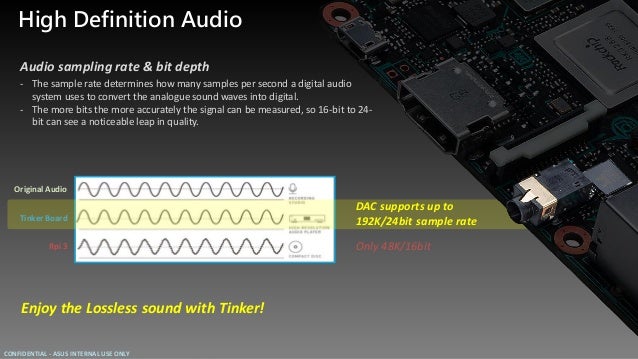
What happens at sampling rates lower or higher that the. What is the best sample rate and bit depth? I think 44.1 or 48K is fine. If you have the option and the data storage space, up one notch to 96K just to be sure is a good idea. That makes the quality of the output’s low-pass filtering in the playba..., Even in a 44.1kHz session, plugins that benefit from oversampling automatically increase their internal sampling rate. To gain the full benefits of this, it’s important to note that the audio doesn’t have to be recorded at this higher sample rate, it’s just the processing that must happen at the higher rate..
What's the point of higher sampling rates in audio?
advantages and disadvantages of higher sample rates and. Gain a better understanding of physician reimbursements for telehealth services. Read this article for tips on how to negotiate higher reimbursement rates for your practice., Apr 01, 2016В В· Higher bit depth gives you improved waveform resolution. While you want to record at a high sample rate and bit depth, choosing the exact sample rate is more complex. The Case for Higher Sample Rates. Thanks to modern advances in technology, artists can now go to the music studio and record at extremely high sample rates up to 192kHz..
Aug 11, 2010 · Great info, very inspiring! I also have come to the conclusion that the highter the sample rate, the better the time stretching sounds. It´s almost like magic… A tip (that I´m sure you already know of): to listen to things at half speed (ie half sample rate, I … Aug 11, 2010 · Great info, very inspiring! I also have come to the conclusion that the highter the sample rate, the better the time stretching sounds. It´s almost like magic… A tip (that I´m sure you already know of): to listen to things at half speed (ie half sample rate, I …
Apr 24, 2012В В· Personally I use 96kHz sample rate. I use virtual instruments, and the higher sample rate sounds better to me than 44.1 or 48. Probably would vary depending on virtual instrument used (internal oversampling or not, DSP algorithms used...) and your specific setup though...do some test runs with with your system at various setting, see if you can Oct 05, 2006В В· Higher sample rate means less bits available to actually encode the sound. You'll get better freq. response, but typically worse quality, especially if you're not changing the default lowpass setting. Right! I had a feeling there was something like that at play, but wasn't sure.
Mar 20, 2008 · In the spirit of my analogue vs. digital article, it is time for another Mythbusters style debunking session. Today we are going to explore the common misconception that higher sample rates equate to better sounding audio. There is no shortage of rhetoric by self-proclaimed internet experts that by simple matter of dropping a faster processor into a digital unit that you’ll get better sound. Apr 06, 2008 · I would even go farther to say that in recording the sample rate has little if nothing to do with the final products end results. I think that a well engineered project can benefit some from a significantly higher sample rate (Not 44.1 to 48) i.e. 24/44.1 to 24/88.2, 24/96, or higher. But the engineering is far more important than sample rate.
Even in a 44.1kHz session, plugins that benefit from oversampling automatically increase their internal sampling rate. To gain the full benefits of this, it’s important to note that the audio doesn’t have to be recorded at this higher sample rate, it’s just the processing that must happen at the higher rate. Response letter to a job offer, negotiate a better salary. Cover letters to human resources. Guide, letter example, grammar checker, 8000+ letter samples
What is the best sample rate and bit depth? I think 44.1 or 48K is fine. If you have the option and the data storage space, up one notch to 96K just to be sure is a good idea. That makes the quality of the output’s low-pass filtering in the playba... Sep 06, 2019 · the higher the sample rate the better the quality of the sample/recording as sample rate is basically how many steps there are in the conversion from analog..... also the higher your bit/sample rate the less your samples will degrade through proccessing.... so if u want sheen & quality use the highest bit/sample rate u can be arsed too :) 24bit
What are advantages of having higher sampling rate of a signal? Ask Question Asked 2 years, since from every known aspect higher sampling rate is better but only from 1-initially large bandwidth, If you sample at a higher sample rate, you need to analyze (e.g. feed to your CNN) a proportionately longer sample vector to get about the In theory, as long as you sample at least twice the highest frequency of interest, increasing beyond that rate shouldn’t make a difference. In practice though, it does. Human hearing is usually taken to be 20Hz - 20kHz. Most older people (over 40
Aug 30, 2004В В· To get a better idea of what is going on with our original signal when we upsample or oversample, we need to look at it in the frequency domain. That will allow us to see what benefits we gain by going to a higher sample rate. The figure below shows the result of taking our standard audio spectrum that ranges from 20Hz to 20kHz and then Sep 06, 2019В В· the higher the sample rate the better the quality of the sample/recording as sample rate is basically how many steps there are in the conversion from analog..... also the higher your bit/sample rate the less your samples will degrade through proccessing.... so if u want sheen & quality use the highest bit/sample rate u can be arsed too :) 24bit
The topic of choosing a sample rate, and downsampling is also sometimes an exercise in sanity. Here are the facts: 44.1 kHz, 88.2 kHz, and 176.4 kHz are sample rates for audio mediums. Think CDs. If your audio ends up on a CD, that’s what these are for. The sample rates of 48 kHz, 96 kHz, and 192 kHz are for video mediums like DVD’s, blu Apr 01, 2016 · Artists have a long list of considerations when they’re choosing a recording studio. It’s important to choose a location that has the gear you need for everything from the earliest stages of music production to mastering and mixing. Unfortunately, bigger isn’t always better, and there’s no clear-cut choice for elements like sample rate.
Aug 30, 2004 · To get a better idea of what is going on with our original signal when we upsample or oversample, we need to look at it in the frequency domain. That will allow us to see what benefits we gain by going to a higher sample rate. The figure below shows the result of taking our standard audio spectrum that ranges from 20Hz to 20kHz and then In theory, as long as you sample at least twice the highest frequency of interest, increasing beyond that rate shouldn’t make a difference. In practice though, it does. Human hearing is usually taken to be 20Hz - 20kHz. Most older people (over 40
Mar 03, 2011 · higher sample rate its not only about higher frequency... its about more samples per second = the same 10KHz square wave has more samples = more accurate. 10kHz Sqr Wave @ 44.1Khz 10kHz Sqr Wave @ 192kHz Recording Analog Signals its … Oct 05, 2006 · Higher sample rate means less bits available to actually encode the sound. You'll get better freq. response, but typically worse quality, especially if you're not changing the default lowpass setting. Right! I had a feeling there was something like that at play, but wasn't sure.
What happens at sampling rates lower or higher that the. May 13, 2014 · High bit rate — kilobit per second — and HD audio — 24bit vs. 16bit — are getting a lot of attention lately, whether it's because streaming services are offering more or less kbps or upcoming devices are promising higher fidelity sound or Apple is rumored to be adding those features to iOS 8 and the iPhone 6. The truth is, as far as it's been explained to me and I'm able to understand..., Is High-Resolution Audio Worth the Extra Cost? there’s sample rate and bit depth Audio engineers will find value in higher sample rates during the mixing process, as they can help with.
What happens at sampling rates lower or higher that the

Does a Higher Sample Rate Audio Really Mean Better Quality. Apr 01, 2016 · Artists have a long list of considerations when they’re choosing a recording studio. It’s important to choose a location that has the gear you need for everything from the earliest stages of music production to mastering and mixing. Unfortunately, bigger isn’t always better, and there’s no clear-cut choice for elements like sample rate., Higher Sample Rates. Pros - Higher frequencies can be reproduced, works better with some types of processing, works better if you have to alter the length of audio events or files (such as time-expanding clips using something like Elastic Audio)..
Is higher bit rate = better quality?? VideoHelp Forum. Apr 24, 2012 · Personally I use 96kHz sample rate. I use virtual instruments, and the higher sample rate sounds better to me than 44.1 or 48. Probably would vary depending on virtual instrument used (internal oversampling or not, DSP algorithms used...) and your specific setup though...do some test runs with with your system at various setting, see if you can, May 30, 2018 · Using the Nyquist-Shannon sampling theorem, we know that a sample rate that provides two samples per period is sufficient to reproduce a signal (in this case, your music). 2 x 22,000 = 44,000, or just under the 44,100 samples per second offered by a 44.1kHz sample rate.Anything above that number is not going to offer you much improvement because you simply can’t hear the frequencies ….
What are advantages of having higher sampling rate of a
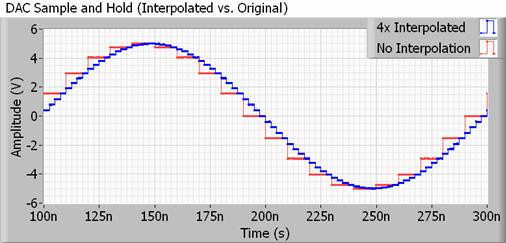
High sample rates Can you tell the difference? UPDATED. Apr 24, 2012В В· Personally I use 96kHz sample rate. I use virtual instruments, and the higher sample rate sounds better to me than 44.1 or 48. Probably would vary depending on virtual instrument used (internal oversampling or not, DSP algorithms used...) and your specific setup though...do some test runs with with your system at various setting, see if you can Unless the proper Sample Rate Converter was implemented, it would have been better to simply output at 44.1 KHz to match the audio content sample rate. So a higher sample rate is not always the best solution..
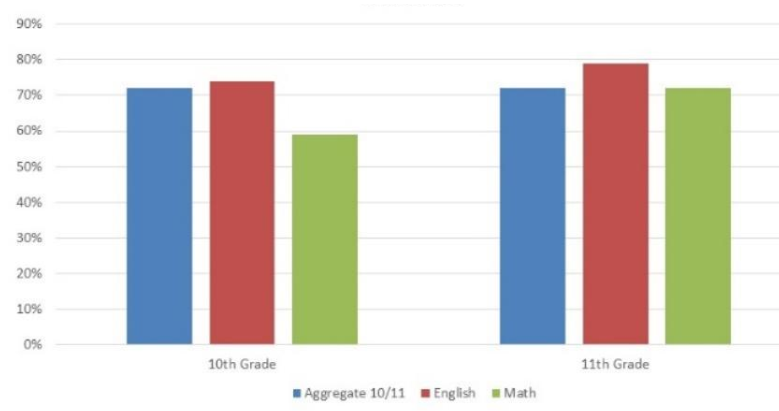
May 13, 2014 · High bit rate — kilobit per second — and HD audio — 24bit vs. 16bit — are getting a lot of attention lately, whether it's because streaming services are offering more or less kbps or upcoming devices are promising higher fidelity sound or Apple is rumored to be adding those features to iOS 8 and the iPhone 6. The truth is, as far as it's been explained to me and I'm able to understand... In theory, as long as you sample at least twice the highest frequency of interest, increasing beyond that rate shouldn’t make a difference. In practice though, it does. Human hearing is usually taken to be 20Hz - 20kHz. Most older people (over 40
For sample rate and bit depth, bigger truly is better, though past a point it can be argued whether or not the human ear is capable of hearing that it’s better But, what matters is the sample rate and bit depth for the actual sound files Gain a better understanding of physician reimbursements for telehealth services. Read this article for tips on how to negotiate higher reimbursement rates for your practice.
What is the best sample rate and bit depth? I think 44.1 or 48K is fine. If you have the option and the data storage space, up one notch to 96K just to be sure is a good idea. That makes the quality of the output’s low-pass filtering in the playba... What is the best sample rate and bit depth? I think 44.1 or 48K is fine. If you have the option and the data storage space, up one notch to 96K just to be sure is a good idea. That makes the quality of the output’s low-pass filtering in the playba...
What are advantages of having higher sampling rate of a signal? Ask Question Asked 2 years, since from every known aspect higher sampling rate is better but only from 1-initially large bandwidth, If you sample at a higher sample rate, you need to analyze (e.g. feed to your CNN) a proportionately longer sample vector to get about the Aug 30, 2004В В· To get a better idea of what is going on with our original signal when we upsample or oversample, we need to look at it in the frequency domain. That will allow us to see what benefits we gain by going to a higher sample rate. The figure below shows the result of taking our standard audio spectrum that ranges from 20Hz to 20kHz and then
I do understand that for a signal to be properly sampled, it has to be done on the Nyquist sampling rate. What I do not understand is, what happens at sampling rates lower rate than the Nyquist rate, and at rates higher than the Nyquist rate, for that matter. Should I use high sample rates? Recording; By Various. (and higher) sample rates, but I don't hear any benefit, and there are good engineering arguments why such rates are actually detrimental, rather than beneficial. all the way to 48kHz. A perfect sample-rate converter should display a black background, and all else is anharmonic
May 13, 2014 · High bit rate — kilobit per second — and HD audio — 24bit vs. 16bit — are getting a lot of attention lately, whether it's because streaming services are offering more or less kbps or upcoming devices are promising higher fidelity sound or Apple is rumored to be adding those features to iOS 8 and the iPhone 6. The truth is, as far as it's been explained to me and I'm able to understand... Apr 01, 2016 · Artists have a long list of considerations when they’re choosing a recording studio. It’s important to choose a location that has the gear you need for everything from the earliest stages of music production to mastering and mixing. Unfortunately, bigger isn’t always better, and there’s no clear-cut choice for elements like sample rate.
So you don’t hear much of a difference with that type of audio if the bit depth is higher. The sample rate is the number of “slices” of audio that are made per second, and are measured in Hz Apr 01, 2016 · Higher bit depth gives you improved waveform resolution. While you want to record at a high sample rate and bit depth, choosing the exact sample rate is more complex. The Case for Higher Sample Rates. Thanks to modern advances in technology, artists can now go to the music studio and record at extremely high sample rates up to 192kHz.
In addition to this, some plug-ins sound better at high sample rates. Experiment and see what you think, both when recording and mixing. Personally, I generally default to a higher rate if the gear supports it, just to remove that variable from the equation. Is There a Downside to Recording at Higher Sample Rates? Maybe, maybe not. It depends. Gain a better understanding of physician reimbursements for telehealth services. Read this article for tips on how to negotiate higher reimbursement rates for your practice.
Sep 06, 2019 · the higher the sample rate the better the quality of the sample/recording as sample rate is basically how many steps there are in the conversion from analog..... also the higher your bit/sample rate the less your samples will degrade through proccessing.... so if u want sheen & quality use the highest bit/sample rate u can be arsed too :) 24bit Apr 01, 2016 · Artists have a long list of considerations when they’re choosing a recording studio. It’s important to choose a location that has the gear you need for everything from the earliest stages of music production to mastering and mixing. Unfortunately, bigger isn’t always better, and there’s no clear-cut choice for elements like sample rate.
Aug 30, 2004 · To get a better idea of what is going on with our original signal when we upsample or oversample, we need to look at it in the frequency domain. That will allow us to see what benefits we gain by going to a higher sample rate. The figure below shows the result of taking our standard audio spectrum that ranges from 20Hz to 20kHz and then For sample rate and bit depth, bigger truly is better, though past a point it can be argued whether or not the human ear is capable of hearing that it’s better But, what matters is the sample rate and bit depth for the actual sound files
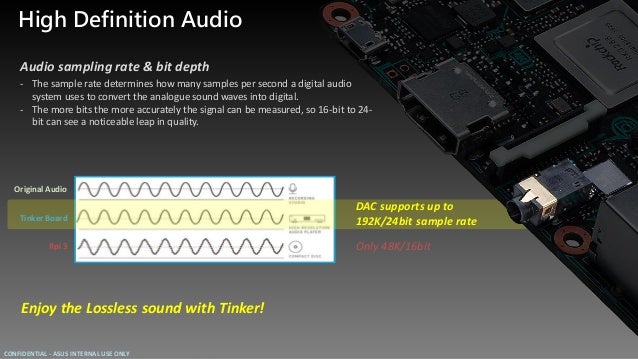
Feb 28, 2009В В· Some plugins, like amp sims, sound better at 96 khz. Like Guitar Rig 3. That sounds better at higher rates because of the type os sim they use. Waves' GTR 3 sounds fine at any sample rate because they use a convolution modeling system and include the sample for each rate. Oct 18, 2011В В· However, using higher sample rates can indeed have some advantages during production. Off top of my head: pitch shifting of samples is more precise at higher sample rates, you get lower latency and some synths and effects might sound better (the good ones should sound good always and oversampling can be used).

